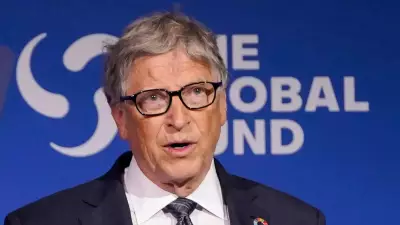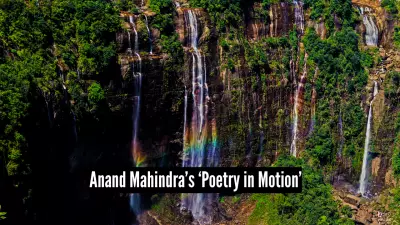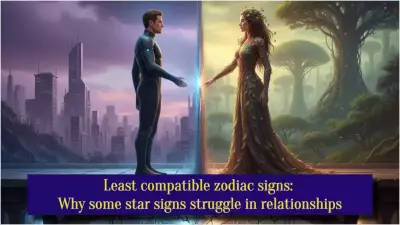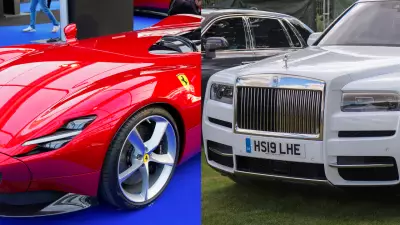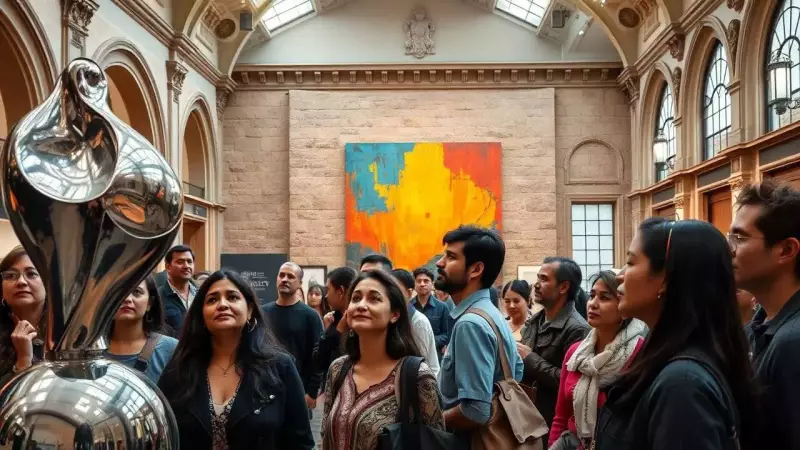
The highly anticipated opening of the Museum of West African Arts (MOWAA) in Benin City, Nigeria, has been thrown into uncertainty following dramatic protests and a deepening dispute over the legendary Benin Bronzes. What was meant to be a celebration of African art has instead become a focal point of cultural and political tension.
The Heart of the Conflict: Who Controls the Bronzes?
Initially conceived as the future home for the repatriated Benin Bronzes, MOWAA's purpose has significantly evolved. When first announced in 2020, it was promoted as hosting the most comprehensive display of Benin Bronzes in the world. However, plans changed dramatically when Nigeria's former President Muhammadu Buhari signed a 2023 law declaring the traditional king, the Oba of Benin, as the sole owner and custodian of these priceless artifacts.
The Benin Bronzes represent thousands of sacred objects created by the Edo people between the 15th and 19th centuries. These treasures were looted from the Royal Palace during the infamous British raid of 1897 and subsequently dispersed across Western museums, including prominent institutions like the British Museum and New York's Metropolitan Museum of Art.
Following years of negotiation, several European museums began returning these artifacts to Nigeria in 2022 through a multi-stage restitution process. Many are currently displayed at the National Museum in Benin City, where a public exhibition runs from November 3-28.
Royal Opposition Disrupts Museum Opening
The conflict reached its peak during MOWAA's scheduled opening week from November 11-15. Supporters of Oba Ewuare II, fearing the museum would take control of the Benin Bronzes from the monarchy, forced their way into the main building during a preview event attended by approximately 250 international guests.
Protest leader Osaru Iyamu declared to DW: We consider the opening and the commissioning of MOWAA as illegal, as an insult on our revered throne. The situation required museum organizers to evacuate all guests, including project partners, donors, diplomats, and cultural institution heads, to secure locations.
MOWAA Director Phillip Ihenacho expressed sadness over the disruptions but emphasized hopes for dialogue with all stakeholders to find a resolution. The museum's opening has now been postponed indefinitely.
Museum's New Vision Versus Royal Demands
Despite the ongoing association with the Benin Bronzes, MOWAA has pivoted toward a different mission. The institution now aims to serve as a powerhouse for contemporary African art while functioning as a research and conservation center to train Nigeria's next generation of archaeologists and art conservators.
The Oba of Benin reportedly wants the museum under his control and its name changed to the Benin Royal Museum, claiming this was the original name used to secure funding. However, Ihenacho strongly refutes this: There's not one single institutional investor that has given us money that has any notion that we are anything other than the Museum of West African Arts. We have never pretended to be anything else.
MOWAA operates as an independent non-profit trust funded by international bodies including the French and German governments, the Getty Foundation, the Open Society Foundation, and the British Museum, with additional support from Nigerian federal and Edo state governments. The total project cost is estimated at $25 million (€21.5 million).
Complicating matters further, false reports circulated that the Edo state government had reclaimed the museum land to restore the former Benin Central Hospital. The German Ambassador to Nigeria, Annett Günther, clarified on social media that this information was incorrect, describing it as a social media scam.
Ihenacho has expressed frustration that Western media coverage continues to focus on the absence of Benin Bronzes rather than MOWAA's actual exhibition, Nigeria Imaginary: Homecoming, which presents an expanded version of the country's celebrated Venice Biennale show. He argues that developing infrastructure like MOWAA to promote new artistic voices and build Nigerian expertise is itself a crucial part of Africa's restitution process.
For now, this ambitious vision remains on hold as politics, traditional royal culture, and international donors remain entangled in a complex dispute with no immediate resolution in sight.


